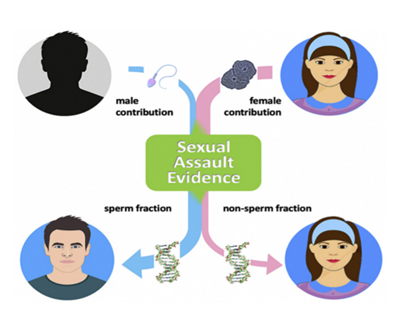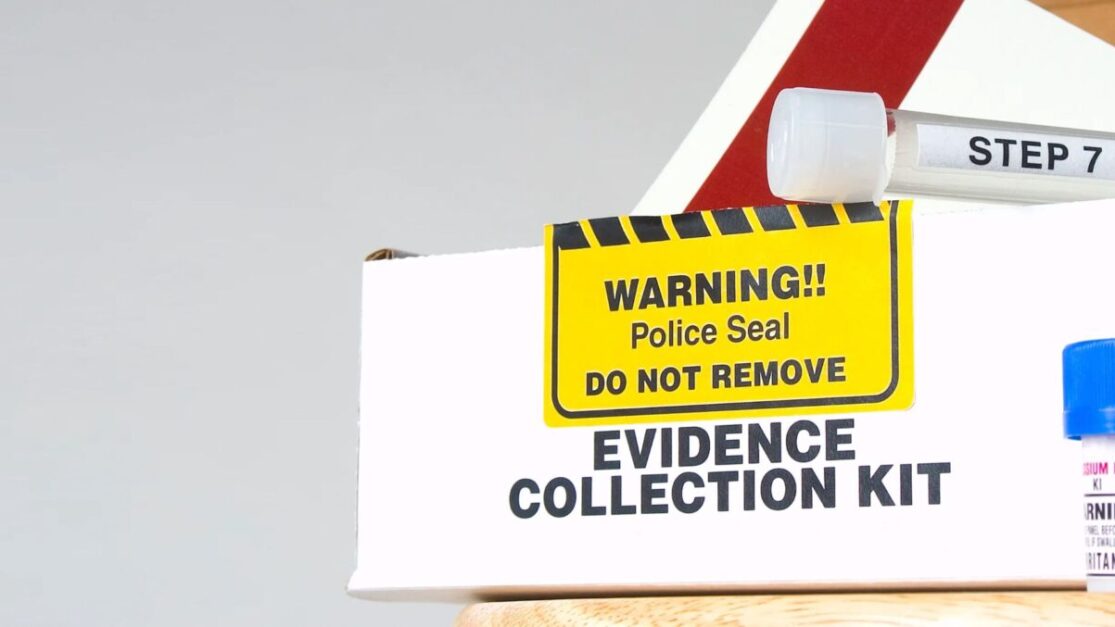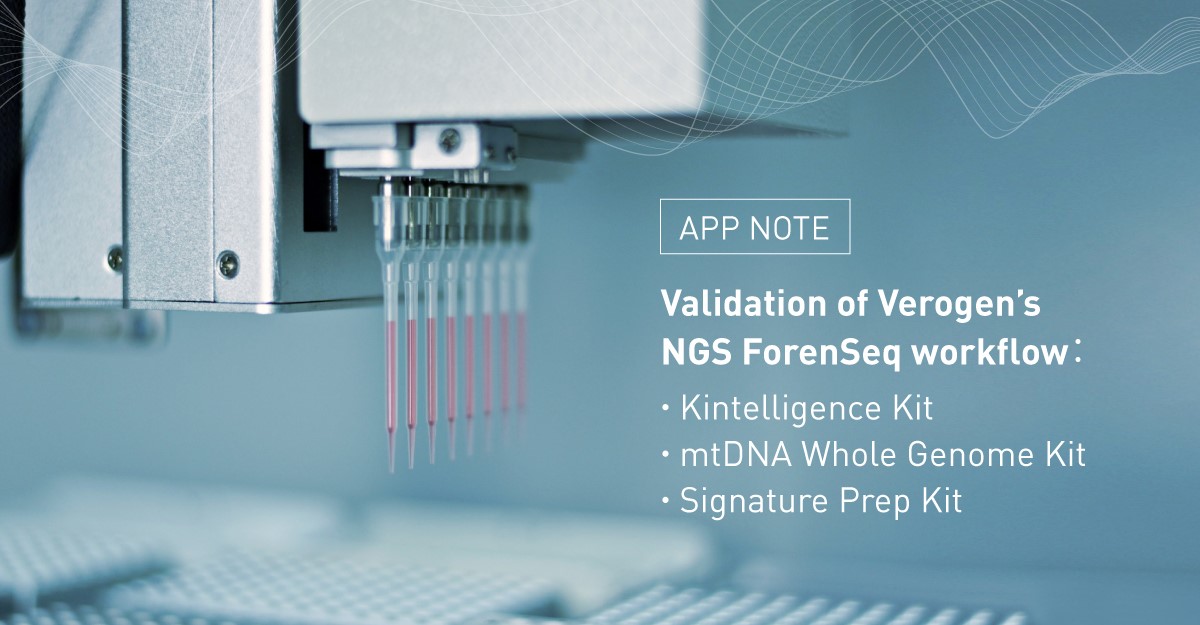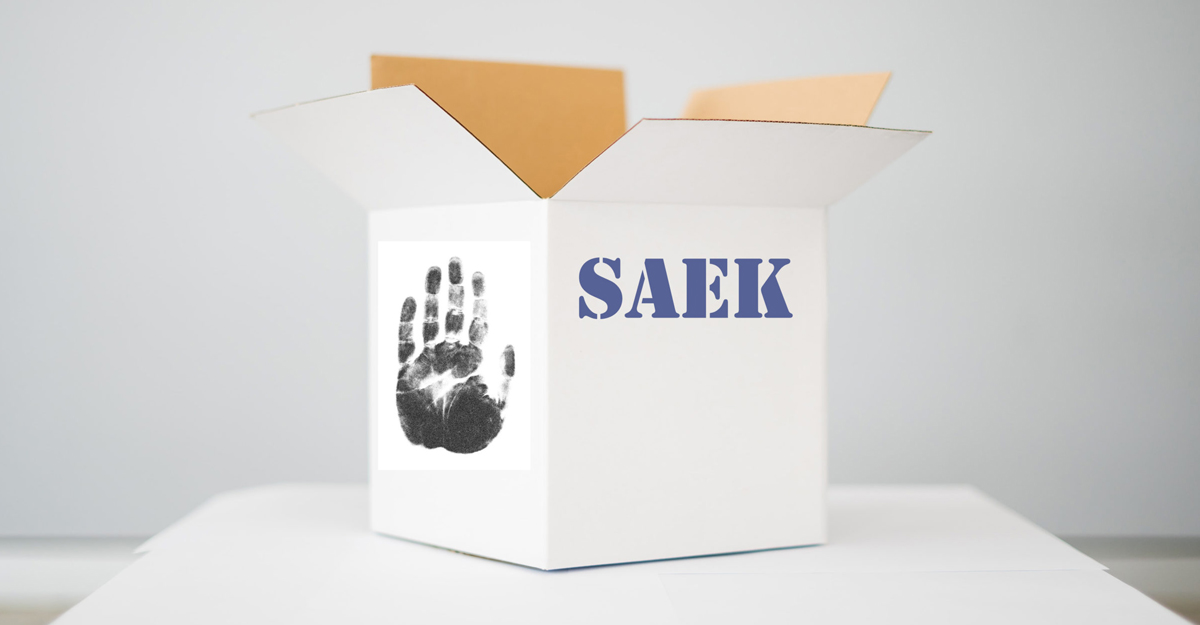Forensic laboratories worldwide are under continuous pressure to process DNA evidence from sexual assault investigations, often surpassing their current throughput capabilities. Sexual assault samples, collected from bodily fluids, tissues, clothing, and other materials, typically contain a mix of...
In forensic sciences, the accurate separation of sperm from non-sperm cells in sexual assault evidence samples is a crucial step in gathering incriminating DNA evidence. Traditionally, this process, known as differential digestion, has been a laborious and time-consuming procedure. As forensic labor...
In forensic practice, library preparation for sequencing has been identified as a significant bottleneck to broader adoption. Next Generation Sequencing (NGS) library preparation is usually a multistep process and requires costly reagents and substantial hands-on operations. To ensure a high degree...
Every 62 seconds, an American is subjected to sexual assault (source: Rainn Statistics). Yet only few cases are solved because of the backlogs of untested sexual assault kits. Processing these kits will bring justice for victims. In order to reduce the backlog of SAEKs some states are outsourcing this work to the third party laboratories to run the tests manually. Unfortunately, it doesn’t work.






